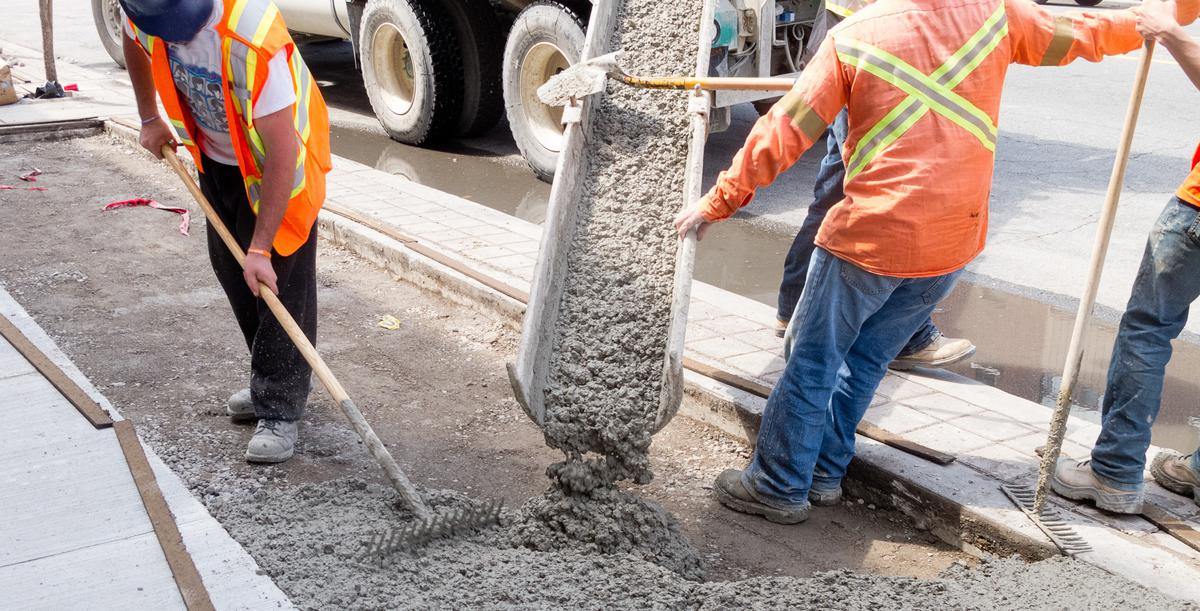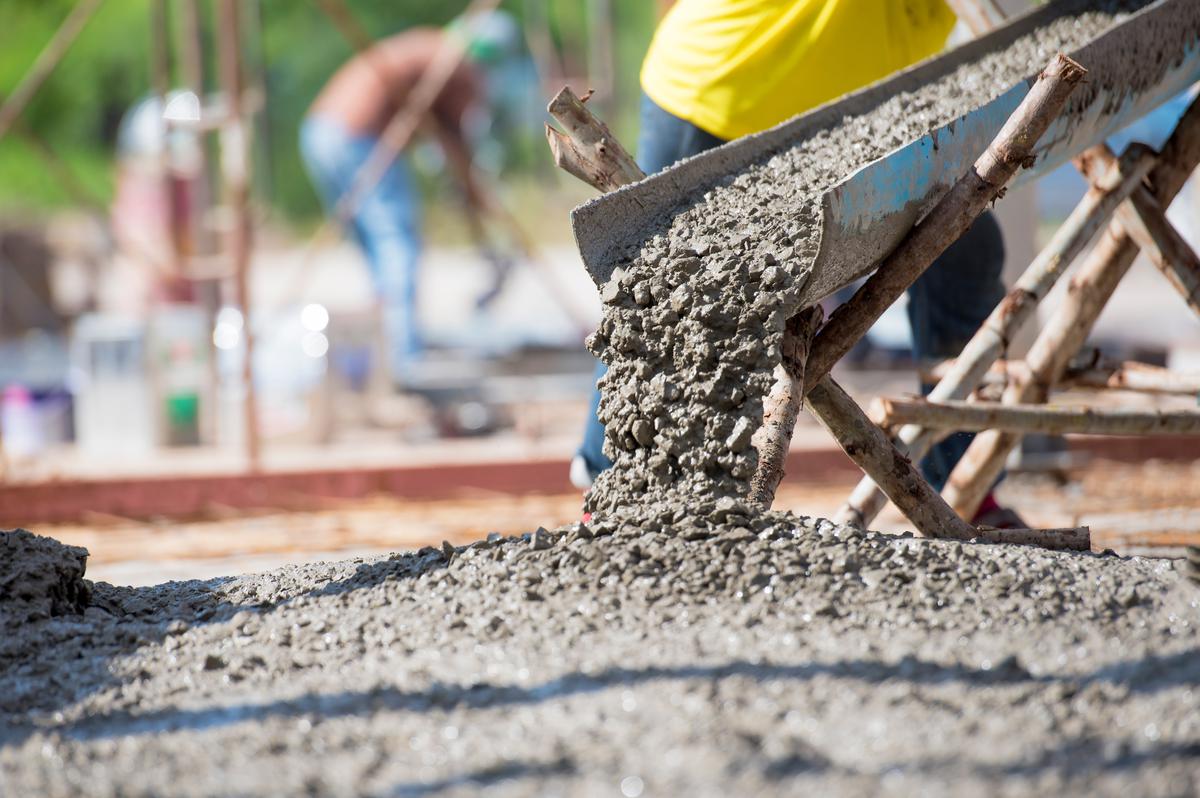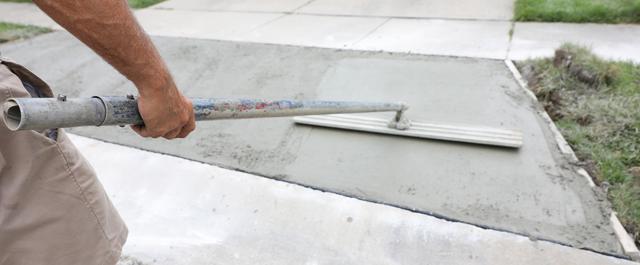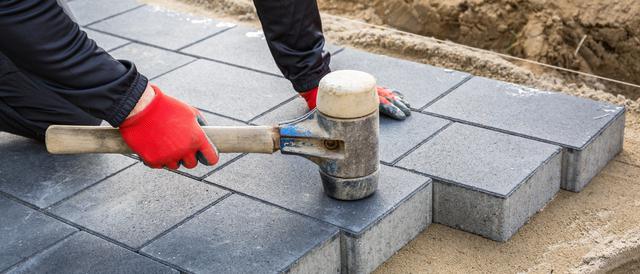When it comes to construction, two of the most common materials that come to mind are cement and concrete. Often used interchangeably, these materials are actually quite different in composition, use, and properties. In this article, we'll look into the cement vs concrete debate, breaking down the characteristics, uses, and benefits of each.
We’ll try to provide a comprehensive understanding of these vital construction components. Whether you're a DIY enthusiast, a professional in the construction field, or just curious about the materials that make up our built environment, this guide is designed to clarify any confusion and enhance your knowledge on the subject.
Defining the Basics: What Are Cement and Concrete?
Before diving into the differences, it’s crucial to understand what each material is. Cement is a fine powder made from limestone, clay, or shale that acts as a binder. When mixed with water, it forms a paste that hardens and binds together other materials. Concrete, on the other hand, is a mixture of cement, water, and aggregates like sand, gravel, or crushed stone. Cement acts as the binder within the concrete, holding the aggregates together to form a solid, durable material.
Composition and Ingredients
Cement
Cement comprises limestone, calcium, silicon, iron, and aluminum, among other ingredients. These materials are heated in a kiln to form a clinker, which is then ground into a fine powder. Gypsum is added to control the setting time, resulting in the final product.
Concrete
Concrete combines cement, water, and aggregates. The cement and water form a paste that coats the aggregates and fills in any gaps between them, creating a uniform, solid material. The proportions of these ingredients can be adjusted to achieve different properties, such as strength or workability.
Properties and Characteristics
Cement
Cement has binding properties, and when mixed with water, it forms a paste that can bind together other materials. It sets quickly and becomes very hard, but on its own, it lacks the strength and durability needed for most construction applications.
Concrete
Concrete, combined with cement, water, and aggregates, has a much higher strength and durability than cement alone. It can withstand significant pressure and weight, making it ideal for use in buildings, bridges, and other structures. Concrete also has a longer lifespan and requires less maintenance than many other materials.







comments